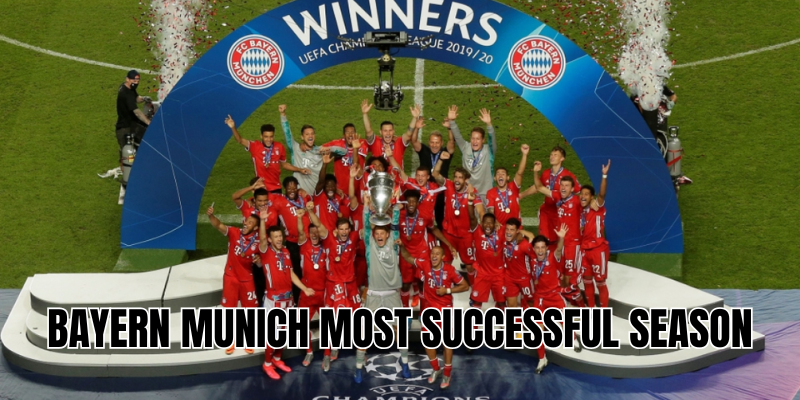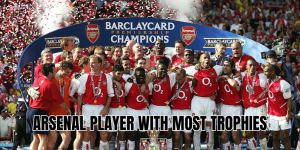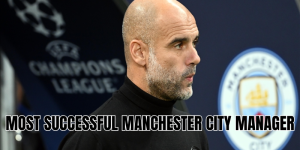From the snow-tipped peaks of the Alps to the roaring stands of the Allianz Arena, few chapters in Bayern Munich’s history sparkle as brightly as the 2012-13 campaign. In the pantheon of elite clubs, fans argue constantly: Which was Bayern Munich’s most successful season? For many, the answer is clear — the season where the Bavarians bagged the Treble with sheer dominance.
In this article, AnaGoal will take you on a journey through that peak season, compare it with other historic runs, explore the statistics and context, and explain why so many believe 2012-13 remains the gold standard. Let’s dive deep into Bayern’s crowning moment.
The 2012-13 Campaign: A Season Etched in History
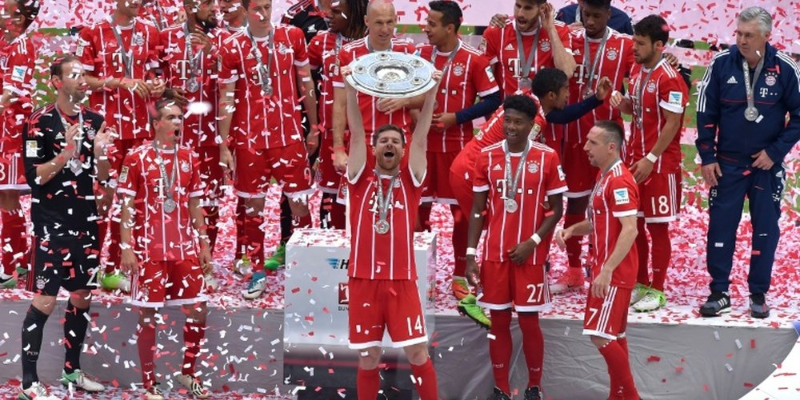
By any metric, the 2012-13 season stands as Bayern Munich’s magnum opus. Under Jupp Heynckes’ steady hand, Bayern became the first German club ever to win the Bundesliga, DFB-Pokal, and UEFA Champions League all in the same season — the celebrated Treble.
They crushed the Bundesliga with a record point total, breezed through the German Cup, and beat Borussia Dortmund 2–1 in a pulsating Champions League final at Wembley. In doing so, they shattered or equaled over 30 club and league records, cementing that campaign as the benchmark for success.
Key Achievements and Records
- Bayern tallied 91 points in the Bundesliga — at the time the all-time high for a German top-flight season.
- Their margin over second place was a staggering 25 points, rewriting notions of domestic dominance.
- Goals hoard: The goal difference was +80, with just 18 goals conceded in 34 league matches.
- They went undefeated in away Bundesliga games (0 losses), collected 29 league wins, and sealed the title with matches to spare.
- In Europe, they cut down giants — eliminating Barcelona after a 7–0 aggregate before edging Dortmund in the final.
- They also won the DFL-Supercup, giving them four trophies in one year.
These stats alone make a powerful case for this being Bayern’s most successful season. But is there serious competition?
Other Contenders: Seasons That Challenged Greatness
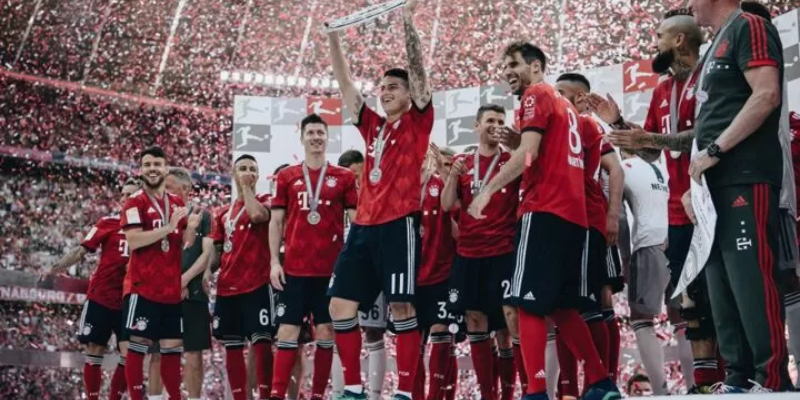
While 2012-13 is the prime candidate, a few other campaigns deserve mention:
2019-20: The Hansi Flick Treble
In the more recent past, Bayern clinched another Treble under Hansi Flick (Bundesliga, DFB-Pokal, Champions League). That team was less dominant domestically but still collected an impressive haul of trophies, including the UEFA Su.
2013-14 and 2014-15: Domestic Consolidation
The following seasons saw Bayern retain their domestic grip, winning Bundesliga and Pokal doubles. Though they couldn’t reclaim the Champions League, their consistency in Germany was formidable.
The Nine-in-a-Row Stretch
Between roughly 2013 and 2022, Bayern won multiple consecutive Bundesliga titles (10 straight at one point). That era showed sustained dominance, though the absence of European crowning jewels in many of those years weakens arguments for any one of them surpassing 2012-13.
When assessing “most successful,” trophy count matters—but so do dominance, records shattered, and the way they won.
Anatomy of Greatness: How Bayern Built Their Peak
Success rarely comes by chance. What wove the 2012-13 squad into a legend?
Tactical balance and flexibility
Heynckes balanced attacking firepower (Ribéry, Robben, Müller) with steel in midfield and solidity at the back (Boateng, Dante, Lahm). The team could adapt to concede minimal chances yet explode forward with speed.
Squad depth and rotation
Even with injuries, Bayern never looked thin. Players like Mandžukić, Javi Martínez, Dante, Shaqiri, and others provided quality when called upon.
Mental fortitude
In tight knockout games—especially vs Barcelona and in the final—they held nerves, avoided collapse, and executed at the highest pressure. That psychological edge defined champions.
Youthful cores & veterans
With experienced leaders like Lahm and Neuer combining with youth like Alaba and Müller, Bayern had balance. They weren’t overreliant on aging stars.
Together, these elements made that season more than a fluke—they built a team that could survive adversity and beat the best when it mattered.
Comparing Across Eras: Why 2012-13 Still Reigns
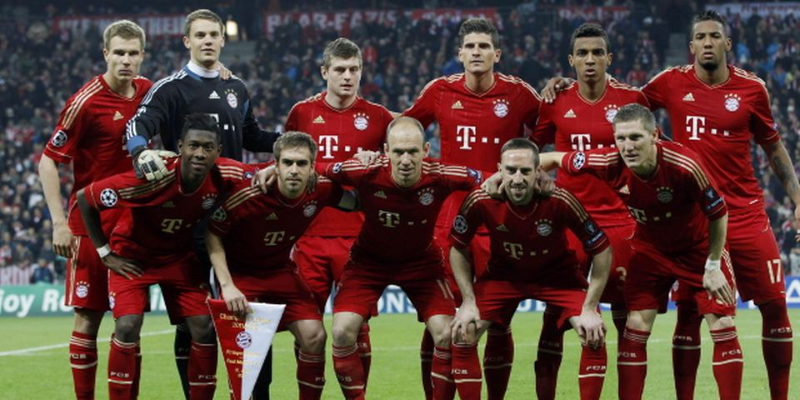
Here are key axes in which 2012-13 pulls ahead:
| Dimension | 2012-13 Season | Closest Rival Season(s) | Why 2012-13 Wins Out |
| Trophies | Treble + Supercup | 2019-20 | Brutal dominance plus records |
| Domestic dominance | 91 pts, +25 margin, 18 goals conceded | Consistent wins in streak years | Records broken across multiple metrics |
| European performance | Eliminated top clubs, final win | Some deep runs but fewer big scalps | Emphatic in Europe too |
| Record-shattering impact | 30+ records rewritten or tied | Few seasons break many | Left a legacy of “unbreakable” marks |
| Historical significance | First German Treble, milestone season | High but derivative | Symbolic, transformative moment |
Legacy and Echoes: What Remains of That Season
The consequences of that dominant campaign continue to shape Bayern:
- Many players from that squad (Lahm, Müller, Neuer, Schweinsteiger) became club legends.
- It opened the door for Bayern’s mindset: “treble or nothing” became more than a slogan.
- Later squads measured themselves against that benchmark—2019-20’s Treble is often weighed against it.
- The records set that year became aspirational targets for future teams.
In interviews, Bayern themselves call the 2012-13 season their “most successful year”, and fans often rank it first in club history.
Conclusion
Bayern Munich’s most successful season, in nearly universal agreement, is 2012-13. That year wasn’t just about collecting trophies—it was about dominating everywhere, breaking records, beating the giants, and writing a legacy. No season before or since combines such breadth, intensity, and enduring impact.
If you’re a Bayern fan or a football history lover, that season is your benchmark. To keep up with more deep dives, stats, and top-list debates, stay with AnaGoal. Want a similar deep dive into Barcelona’s best season or Real Madrid’s dominant years? Just tell me.
